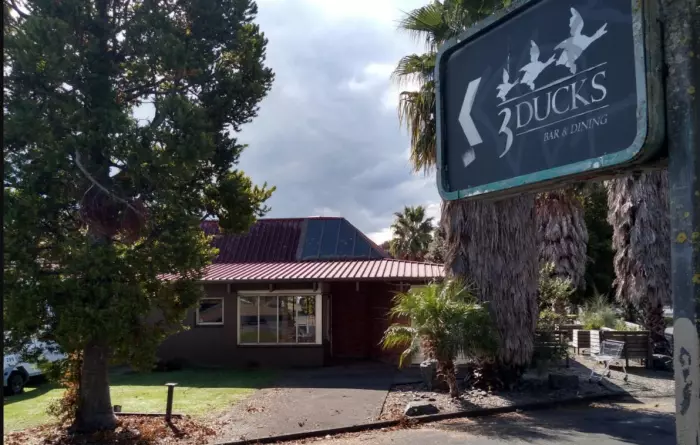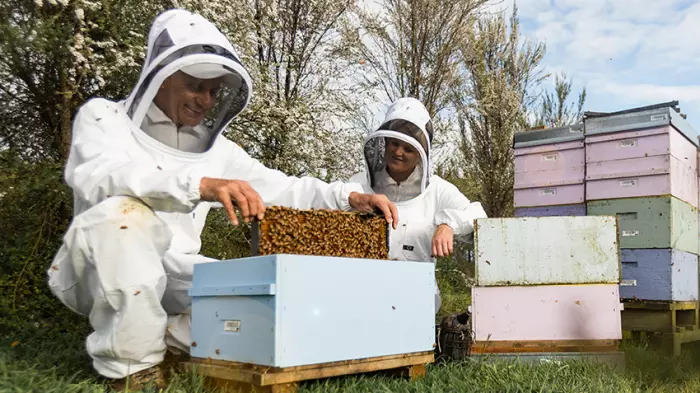For nigh on 50 years, West Auckland’s pubs and bottle stores have been monopolised by a pair of licensing trusts.
The Portage and Waitakere Licensing Trusts are two of the four remaining liquor trusts across New Zealand that still hold their monopolies – an arrangement they are determined to keep.
Trust monopolies first appeared in the 1940s as dry areas around NZ went wet, to protect from the hazards of profit-driven licensees. More recently, concerns about responsible service have diminished and it is their charitable distributions that underpin most of their public support.
Licensing trust monopolies can be lifted through a competition poll, and the West Auckland Licensing Trusts Action Group (WALTAG) are trying to force such a vote through a petition. Our attempts to scrutinise The Trusts have been hindered by an organisation hell-bent on presenting themselves positively and willing to treat their accountability obligations with contempt.
Finally, after a three-year battle and intervention from the chief ombudsman, the shroud of secrecy surrounding West Auckland’s trusts is lifting. Documents recently released show an organization desperate to be liked, and liberally spending public money to win the public’s favour.
The “battle for hearts and minds”
Publicly, The Trusts have been magnanimous about the prospect of a competition poll, but privately they make no bones about their willingness to spend to protect their monopoly. A 2018 report to elected members from WATS Ltd (their joint venture management company) was forthright:
“With a clear and present danger of a referendum … WATS will work hard and spend accordingly … We must meet the challenge from WALTAG head on … WATS will leave no stone unturned to ensure the public make the right decision … [it] will be a costly battle of hearts and minds of West Aucklanders fought through a significant campaign we will undertake on each Trust behalf and for which you have already approved a fighting fund.”
Their strategy centres on building favourability, regular market research and the giving and promoting of grants.
In response to the emergence of WALTAG, the Trusts adopted an ‘always on’ communication strategy. Their corporate advertising spend doubled from circa $450K in the years prior, to $1 million in 2019/20 and $914,000 in 2020/21. Professional fees are similar, increasing from about $500,000 in previous years, up to $1.3m in 2019/20 and $1.1m in 2020/21. Notably, advertising spend peaked in September 2019, the month of voting in local elections.
In comparison, their charitable giving amounted to just $720,000 in 2020/21.
Spending big but losing ground
The Trusts’ own market research, conducted annually by UMR with commentary from the Baldwin Boyle Group, shows growing support for competition; a clear majority at 56% in 2020 (up from 50% in 2019 and 44% in 2018).
That market research also confirms the foundation of their strategy – the most-cited reason to support the monopoly was charitable giving. Moreover, people who had personally benefited from a trust grant were more than twice as likely to vote for the continued monopoly (70% for those who had benefited versus 33% who had not).
With several million in pokie grants given each year by The Trusts Community Foundation Ltd (a legally separate entity but with a majority of shareholder/directors appointed by the Trusts’ boards), much of that goodwill is derived from gamblers.
Giving for good? Or giving for good PR?
With giving back central to public support for the monopoly, a potential conflict arises. Are trustees directing funds where they will do the most good? Or do they keep one eye on garnering support?
A memorandum of understanding between the two trusts is surprisingly candid about their approach, specifically requiring trustees to consider the “strategic aim of consolidating community favourability” and how to deliver “best value in terms of returns and recognition for The Trusts” when deciding how profits are distributed. Prioritising charity based on the returns and recognition received is cynical for anyone, but morally repugnant for a public body.
The same mindset was also evident when The Trusts chose not to adopt a living-wage in 2017. The decision document considered whether a living wage would increase favourability, concluding that “public opinion on personal benefit versus wider community benefit is very clear from past UMR Research. Consumers are far more favourable when they receive a personal benefit from The Trusts”. They chose not to adopt a living wage at that time but soon thereafter distributed 70,000 first-aid kits to residents at a cost of over $680,000.
More grants without the liquor monopoly
The Trusts have given back $10m over the last 8 years, and $2.5m in the 10 years prior. It’s a scant return from a significant asset base.
Management figures for 2020/21, using market values rather than historical costs for properties, put The Trusts’ net asset value at $118m, with $83m of that in property and $14m in equities. With those property values based on valuations from 2016, it’s likely their true net asset value is upwards of $140m.
With such a large asset base, The Trusts as a benevolent investor would deliver substantially more in community funding than the liquor/gambling focused trusts we have today. Community trusts, such as Foundation North, consistently deliver 3-to-4% of their asset values in grants. A 3.5% return on The Trusts’ assets would deliver $5m each year to the community – substantially more than The Trusts have ever managed. Claims that charitable giving would reduce or disappear without the monopoly should be rightfully ridiculed.
Time for change?
With their peculiar influence on communities, and substantial community assets under their control, it’s important that West Auckland’s trusts are transparent and accountable. With precious little other oversight, they are accountable only through their democratically elected boards, but with voter turnout languishing under 30%, officers explicitly advocating for the monopoly, and millions spent in advertising and grants specifically designed to build public favour, it is hardly a well-functioning democracy. Something has to change.










